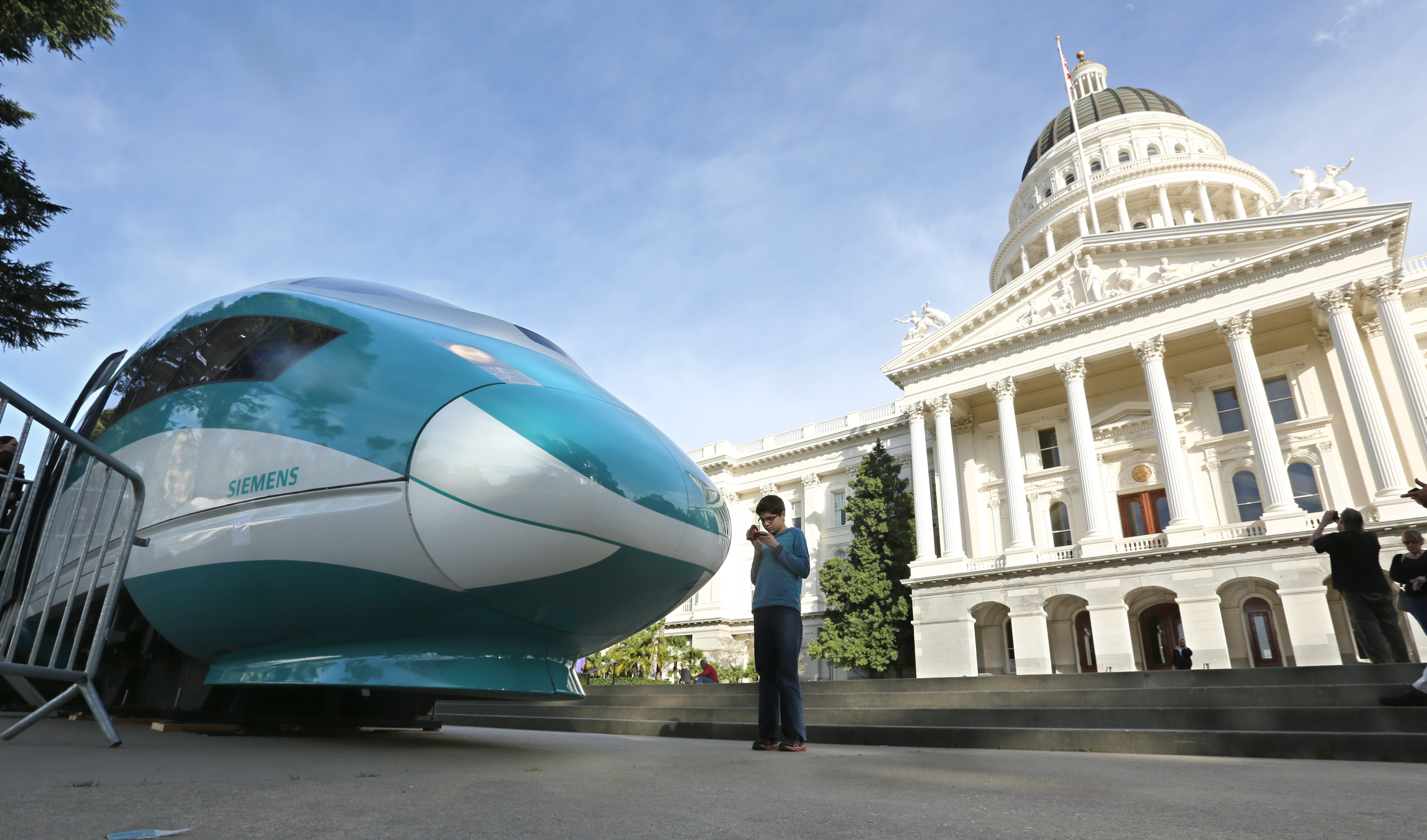It took years of lawsuits and political battles for California to finally break ground last year on America's first bullet train, which aims to connect San Francisco to Los Angeles by 2029.
High-speed rail advocates had hoped the line, supported by more than $13 billion in state and federal money, would inspire similar government-financed projects. Instead, its many delays have left rail groups wary of accepting public funds for projects they are proposing in three other states.
Companies in Texas, Minnesota and Nevada all plan to tap private cash from investors globally, with help from foreign train makers and governments eager to export train technology. The projects will rely on partnerships with Japanese or Chinese firms that face saturated train markets at home.

















With your current subscription plan you can comment on stories. However, before writing your first comment, please create a display name in the Profile section of your subscriber account page.